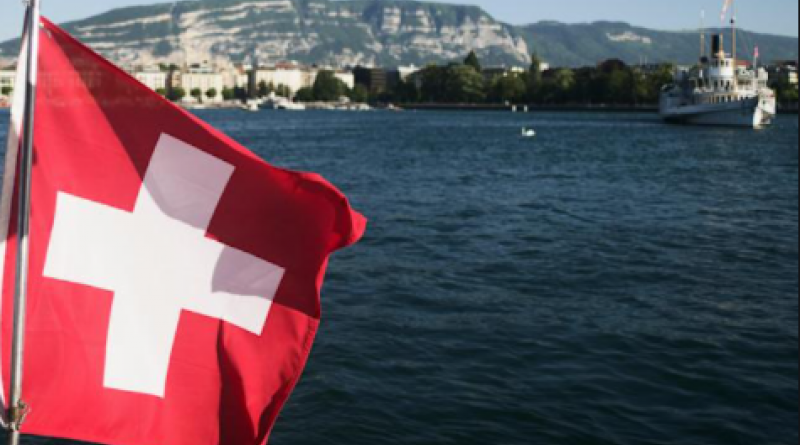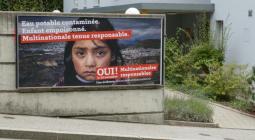Swiss voters reject new climate law to help cut carbon emissions.

Defeat will make it ‘very difficult’ to reach 2050 net zero target, says government minister
Swiss voters have rejected a new law which was proposed to help the country meet its target for cutting carbon emissions to tackle the climate crisis.
The legislation, which included taxes on car fuel and flight tickets, was opposed by 51.6 per cent of the electorate under Switzerland's system of direct democracy.
Environment minister Simonetta Sommaruga said that the defeat would make it "very difficult" to reach the goal of net zero emissions by 2050.
However she said that the government would now seek to extend uncontroversial measures like a duty for fuel importers to invest in climate protection projects.
"Today's no is not a no to climate protection, it is a no to the law on which we have voted," Ms Sommaruga told a news conference.
"Debates in the last few weeks have shown that many people want to strengthen the climate protection but not with this law.”
Voters also rejected separate proposals for an outright ban on the use of artificial pesticides or to restrict their use by redirecting subsidies to farmers who did not use the chemicals.
Supporters argued that pesticides were linked to health risks, while opponents had claimed a ban on pesticides would have led to more expensive food, greater dependence on imports and job losses for the Swiss food processing industry.
Antoinette Gilson, one of the authors of the artificial pesticides initiative, said the results did not mean the Swiss were unconcerned about the environment, but were more worried about immediate problems at present.
"People find it very hard to think about problems in the future, and don't see the urgency of these problems," she said.
"When they are having a difficult time during the Covid-19 pandemic they are thinking about immediate concerns more."
Agrochemicals makers Syngenta and Bayer both welcomed the result. "It is a clear vote for a productive, resource-efficient agriculture," Bayer said.
A separate referendum to support a temporary law providing financial support for businesses during the COVID-19 pandemic was approved by 60 per cent, while a new law to give police extra powers to tackle terrorism was also approved by 57 per cent of voters.
14 June 2021
INDEPENDENT




